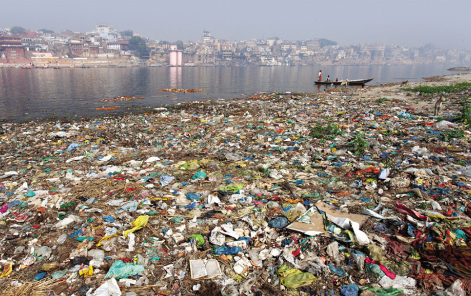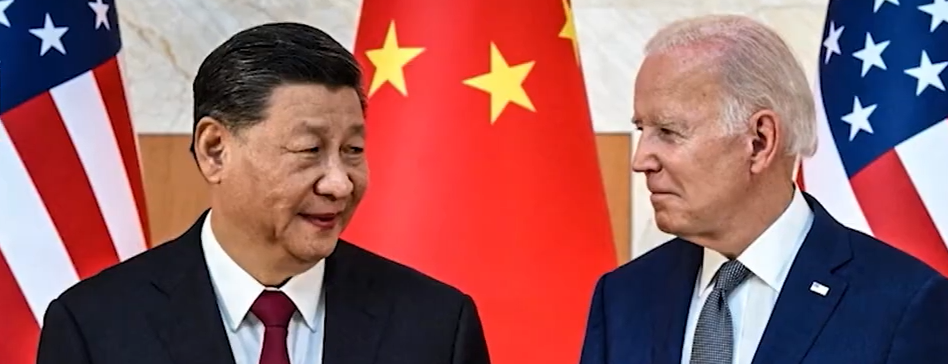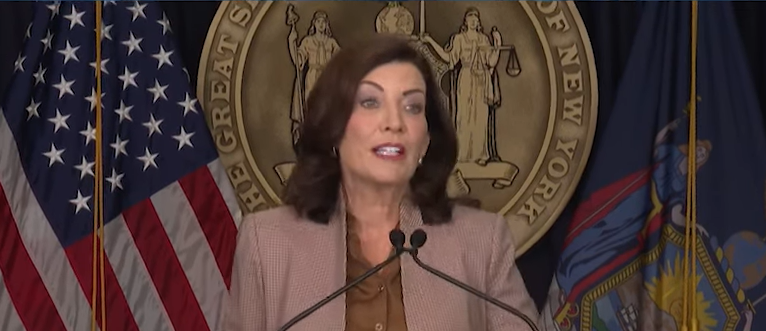Photo: Routledge\Twitter
With the holiday season winding to a close and the world moving forward into another New Year, it may be the perfect time to reflect on our way of buying and using goods.
The majority of the world’s economy is based on the concept of consumerism. On the surface this does not seem to be a bad thing, as we need to consume goods and services in order to live. However, the excess acquisition of goods may lead to extremely harmful practices.
Consider our increasingly unhealthy dependence on imported goods from far away, products that often could be produced much closer to where they are actually used, thus resulting in substantially less use of climate-harming fossil fuel. This is not only unsustainable for our ecology, but also for our economy, with trade imbalances impoverishing the US and enriching China, for example. That deficit was more than $310 billion in 2020 says the Office of the United States Trade Representative.
Consumerism is not entirely good or bad, it depends on practice. Does a company exploit workers? (yes, Walmart, we mean you) Do they pollute? (looking at you, Coca-Cola) Is the corporation guilty of defrauding consumers? (wow, RJ Reynolds, BP, Volkswagen, Enron and others)
Are consumerism and sustainability compatible? Sustainability focuses on a morally just and ethical approach, caring equally for the consumer, the environment, and the producers. Meanwhile, consumerism focuses solely on profit, including planned obsolescence—designing goods that will too quickly become either unusable or unfashionable. Laws in most places are inadequate to stop most producers from failing to pay the true costs, often passing those on to the taxpaying public or future generations. If lawmakers grappled with stopping those externalized costs ethical consumerism would be far easier.
Sustainability, or going green is doable, even for manufacturers. Tips to the businesspeople making or trading in goods from author Sandra Goldmark (Fixation: How to have stuff without breaking the planet):
· Develop multiple revenue streams—not only from selling new stuff but also from resale, repair, upgrade, rental, and service models.
· Move away from the “race to the bottom” on pricing. Sell fewer items but make money from the same item multiple times by offering resale and repair.
· Create stronger relationships with customers based on quality, transparency, and service.
As concerned consumers, what can we do to be more sustainable? There is a growing awareness on what a conscious consumer is and how one can become one. None of these are too tough or expensive for the majority of us:
· Buy only what is needed
· Avoid excess packaging on products (sorry, Trader Joe’s, we are heading for the unbagged section of the grocery store and we are bringing our own bags)
· Consider the product’s life span
· Reduce, reuse, repair, recycle
· Think quality, not quantity
· Take good care of products to extend their lifespan
· Align with companies that incorporate more sustainable practices
Though the holidays have come and gone, we will inevitably fall back into this consumerist trap unless we start becoming more conscious about our own consumer practices. These suggestions, we hope, prompt us all to think more about how we can enjoy stuff and do so in ways that enhance our sense of satisfaction, save us money, preserve the planet, and help business be good and do well.
Sebastian Santos, syndicated by PeaceVoice, is a graduate of Portland State University and is currently pursuing a master’s degree at Lewis and Clark College.
Dr. Tom H. Hastings is Coördinator of Conflict Resolution BA/BS degree programs and certificates at Portland State University, PeaceVoice Senior Editor, and on occasion an expert witness for the defense of civil resisters in court.







